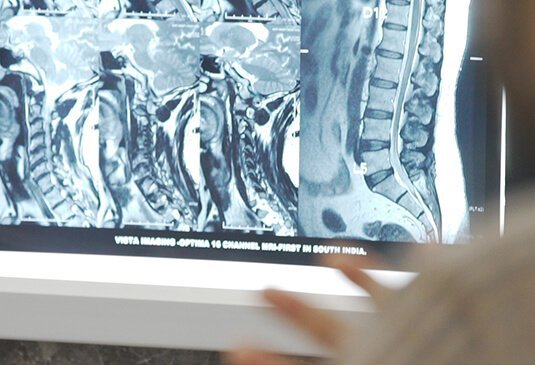
What is spine surgery?
Spine surgery, traditionally an open surgery is performed to treat diseases related to the spine. With advances in surgical technology, several Minimally Invasive Spine Surgery (MISS) techniques have evolved over a period of time. Full Endoscopic Spine Surgery is the recent innovation that is performed in select centers of excellence for spine diseases. Yashoda Hospitals is the only center to perform full endoscopic spine surgeries in Telugu states, which makes it one of the few hospitals in India to provide the treatment.
Spine surgery is the most ideal way to treat spinal cord (medulla spinalis) injuries. This is performed on an immediate premise to improve a patient’s capacity to function properly and to decrease pain. Spine surgery is an important and necessary treatment procedure for patients who have a progressive neurological loss of function or sudden onset of bowel or bladder incontinence.
How much does Spine surgery cost in India?
The average cost of Spine surgery in India is approximately Rs. 1,89,000.00 to 8,50,000.00. However, the prices may vary depending upon the hospitals in different cities.
What is the average cost of Spine surgery in Hyderabad?
The cost of Spine surgery in Hyderabad depends upon multiple factors and ranges from Rs. 2,95,000 to 3,90,000




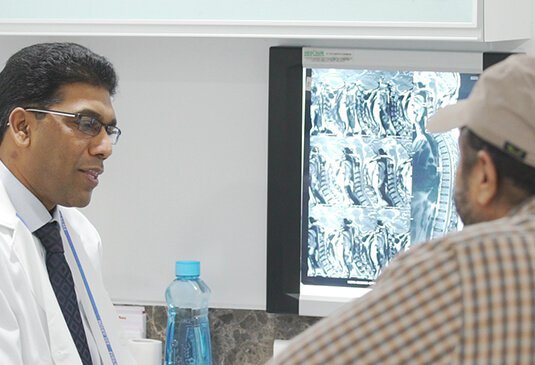
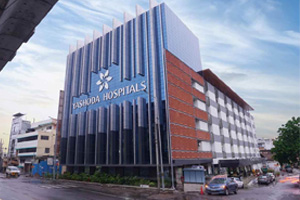
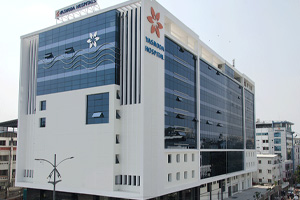
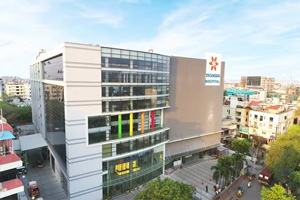
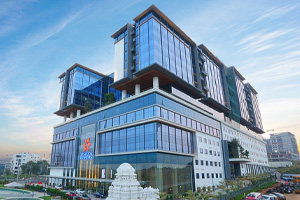
 Appointment
Appointment WhatsApp
WhatsApp Call
Call More
More

